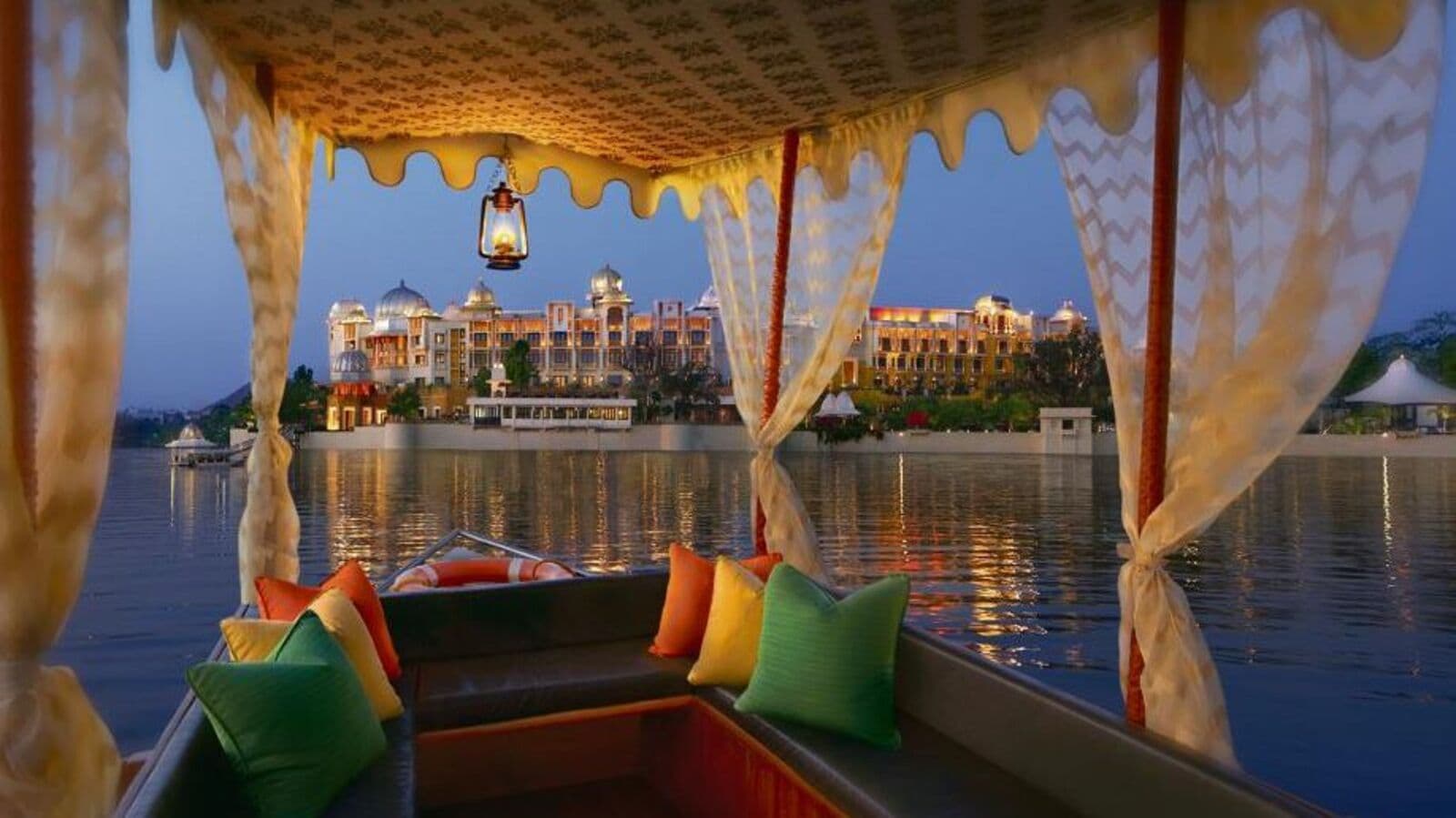Leela Palaces, known for its luxurious accommodations, initiated its journey towards an initial public offering (IPO) by filing for ₹5,000 crore on September 20. This significant move aims to broaden the landscape of publicly traded luxury hotel stocks, joining the ranks of India’s hospitality giants like India Hotels Company (which operates the Taj brands) and EIH Limited, parent company of the Oberoi chain.
Market Dynamics and Expectations
The hospitality sector is witnessing a promising growth trajectory. Kaustabh Pawaskar, deputy vice president of research at Sharekhan by BNP Paribas, indicated that the hotel industry anticipates a room demand increase of 10%, overtaking a supply growth forecast of only 6-7% over the next three to four years. This imbalance is expected to maintain high occupancy rates and support consistent growth in room tariffs.
Given the current market sentiment, industry experts predict robust demand for Leela’s IPO, marking it as the most substantial offering in the hospitality sector to date. The IPO consists of a fresh issue of shares valued at ₹3,000 crore and an offer for sale worth ₹2,000 crore from its promoter, Brookfield Asset Management, as detailed in Leela’s draft red herring prospectus.
Industry Comparisons and Competitive Landscape
Other hotel chains are also tapping into the flourishing market. For instance, Ventive Hospitality recently announced its IPO worth at least ₹2,000 crore, while Juniper Hotels and Apeejay Surrendra Park Hotels made their market debuts in February. However, it’s worth noting that both Juniper and Apeejay have experienced an average decline of around 13% since their listings.
Investors are increasingly optimistic about premium hotel chains following a resurgence in tourism and luxury spending post-COVID. Over the past year, large entities such as India Hotels Company (IHC) and EIH have generated average returns of approximately 72%, contrasting with the Nifty India Consumption Index’s return of about 53%.
Leela’s Position in the Luxury Segment
With 12 properties and 3,382 rooms, Leela stands as a competitor to EIH, which operates 30 hotels under the Oberoi and Trident brands with a total of 4,269 rooms as of FY24. Notably, neither Leela nor EIH expanded their portfolios in the previous fiscal year; however, both reported high occupancy levels.
Performance Metrics
While EIH’s occupancy rate hovered around 74-75% in FY23-FY24, Leela achieved a 63% occupancy rate, marking a 3% increase year-on-year. The industry average during the same period was approximately 75%. This discrepancy in occupancy rates resulted in Leela reporting revenue of ₹1,172 crore, trailing EIH’s earnings of ₹2,511 crore.
A fund manager pointed out that even though Leela enjoys strong brand recognition, it does not match the luxury prestige of Taj or Oberoi. Due to its smaller and less diversified portfolio, Leela can be more vulnerable to the seasonality of the tourism industry, impacting its occupancy levels adversely.
Financial Insights and Challenges
Despite Leela’s strong brand presence, it faced a net loss of ₹2 crore in FY24, primarily due to substantial interest payments on its loans. In contrast, EIH reported a net profit of ₹678 crore during the same period.
Leela has struggled with a significant debt burden since FY14, accumulating approximately ₹5,000 crore in debt to finance new properties instead of following a management contract model. In a pivotal moment, Brookfield acquired four of Leela’s five key hotel assets for ₹3,950 crore amidst a failed debt restructuring, leading a transformation from an ownership-led to a management-led business model.
As of FY24, Leela managed to reduce its debt to ₹3,775 crore, planning to allocate ₹2,700 crore from IPO proceeds toward debt repayment, with the remainder earmarked for general corporate uses, according to its draft red herring prospectus.
Future Outlook and Expansion Plans
Experts are optimistic about Brookfield’s role in revitalizing Leela’s fortunes. Following the acquisition, Leela has seen its losses diminish significantly, with a compound annual rate of reduction of 92% from FY22 to FY24.
Industry analysts believe that with a strong demand forecast in India’s hospitality sector, there will be continued interest in hotel stocks. This growing appetite aligns with a consumer trend leaning towards premium and unique experiences in luxury accommodations.
To leverage this premiumization trend, Leela anticipates expanding its portfolio by introducing eight new hotels and approximately 833 rooms by 2028. These will include modern palace hotels in Agra and Srinagar, resorts in Ranthambore and Bandhavgarh, a hotel in Hyderabad, and serviced apartments near Mumbai’s international airport. Leela also announced plans to construct a modern palace hotel in Ayodhya in partnership with Abhinandan Lodha Group.
Conclusion: A Growing Luxury Tourism Segment
The entire premium hotel segment is set for growth, with EIH planning to add 50 new hotels and 4,500 rooms by FY30. An IDBI Capital report highlighted that 2,706 new rooms were added in the upscale and premium sectors in the first half of the year, with growth anticipated to continue.
With all these developments, it is clear that the landscape of luxury tourism in India is expanding rapidly, and market players like IHC, EIH, and Leela are well-positioned to capitalize on this promising trend.












